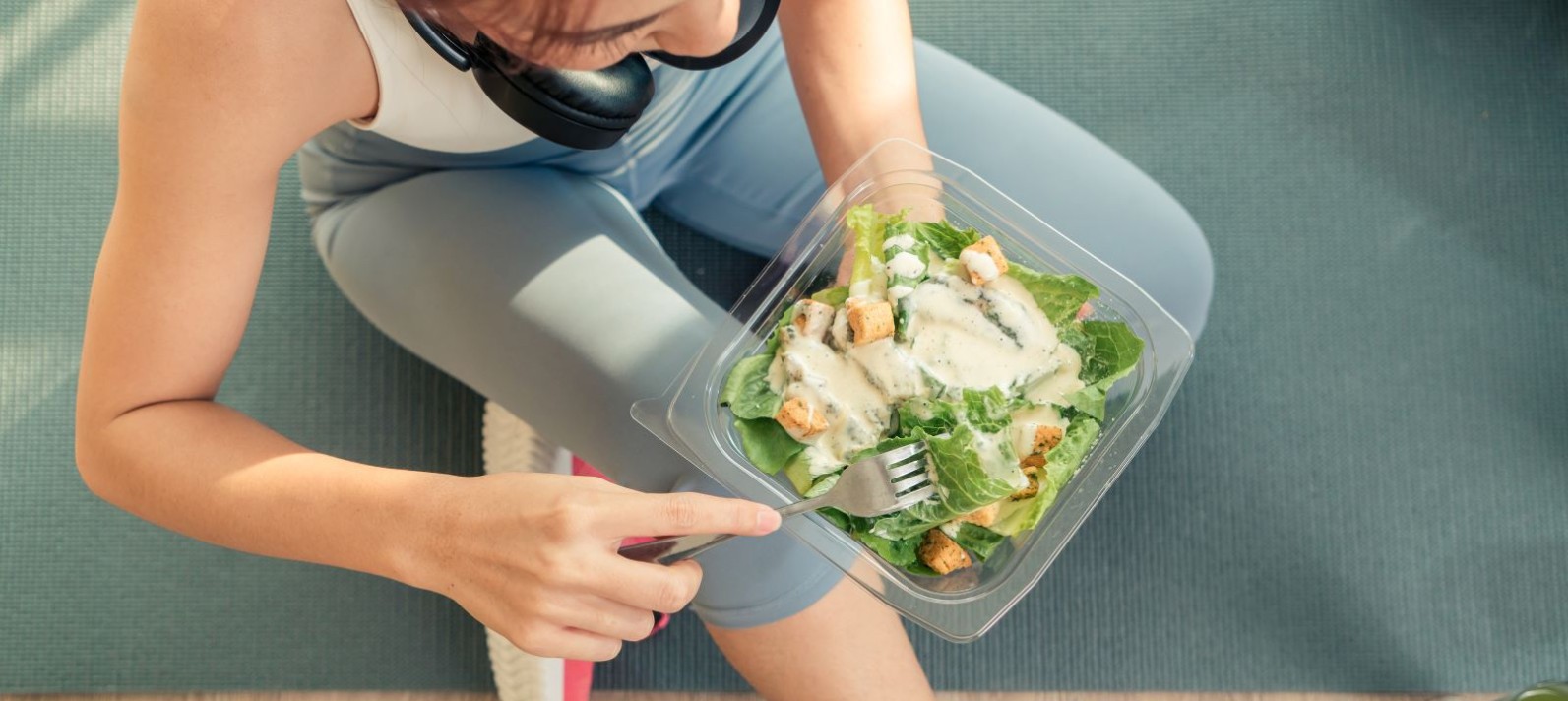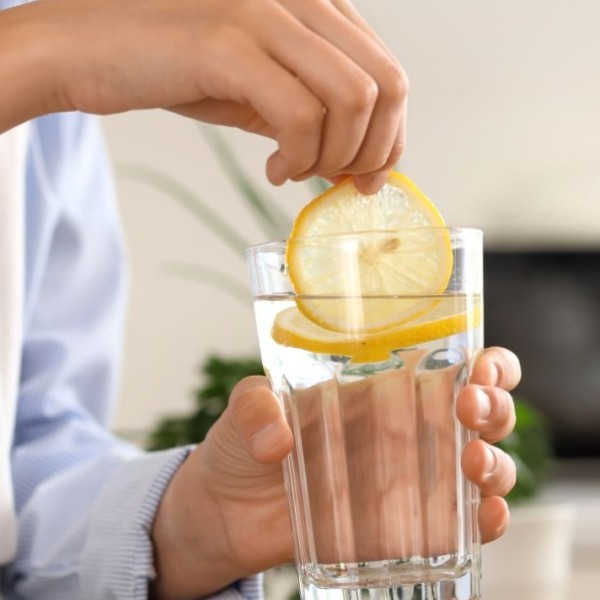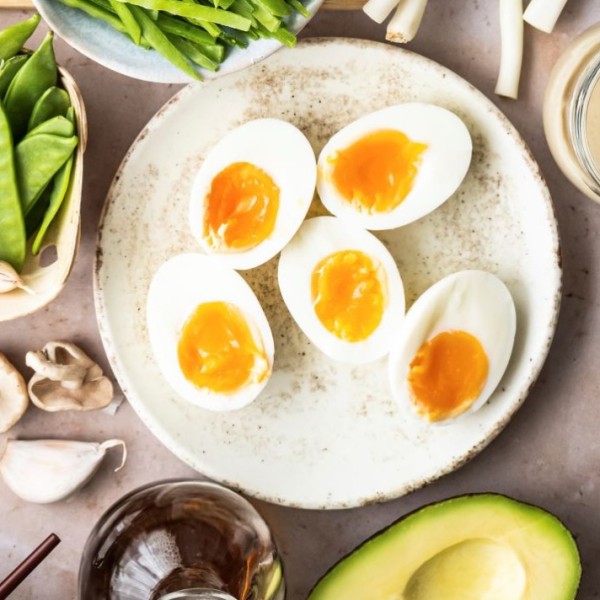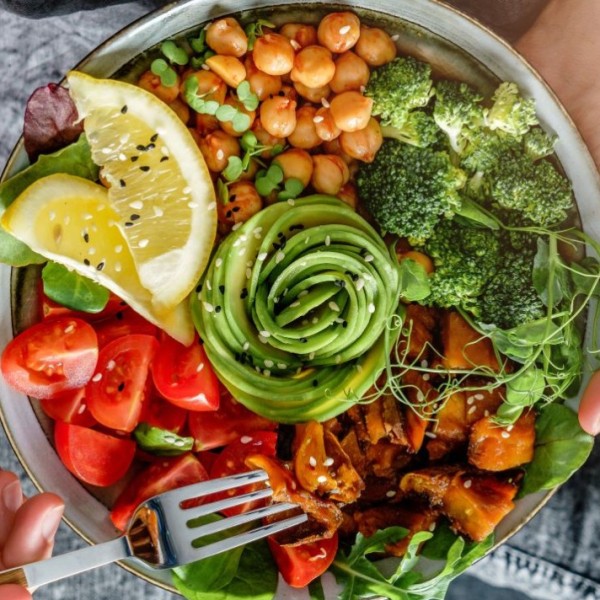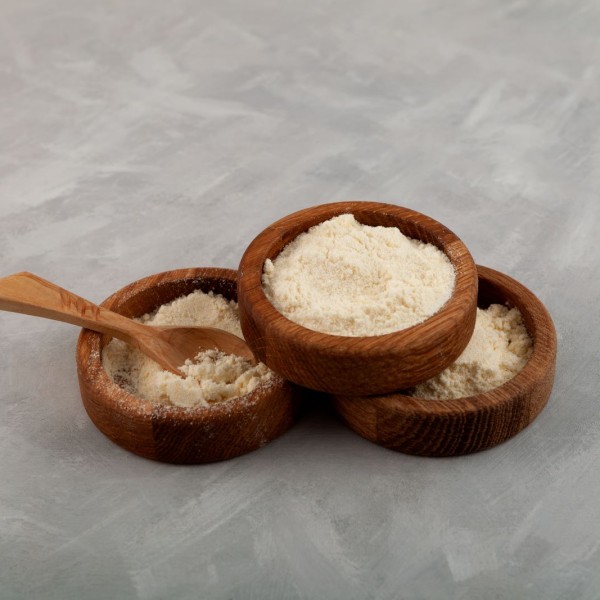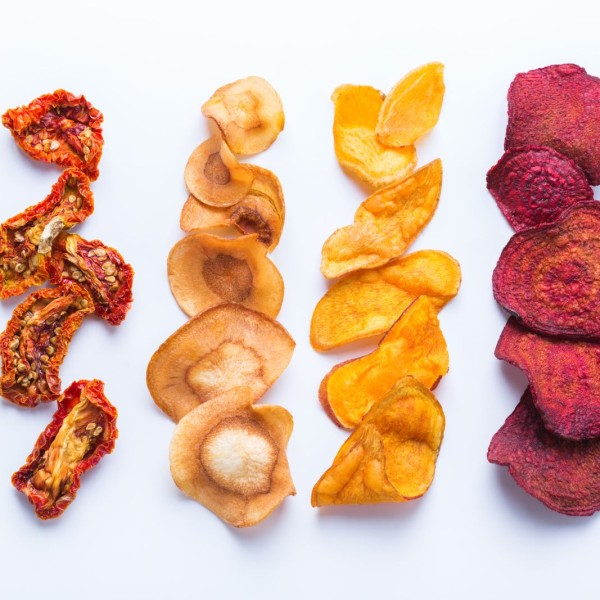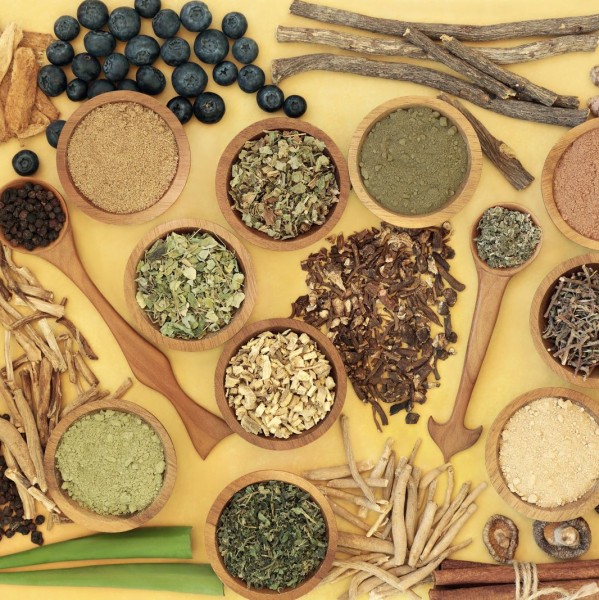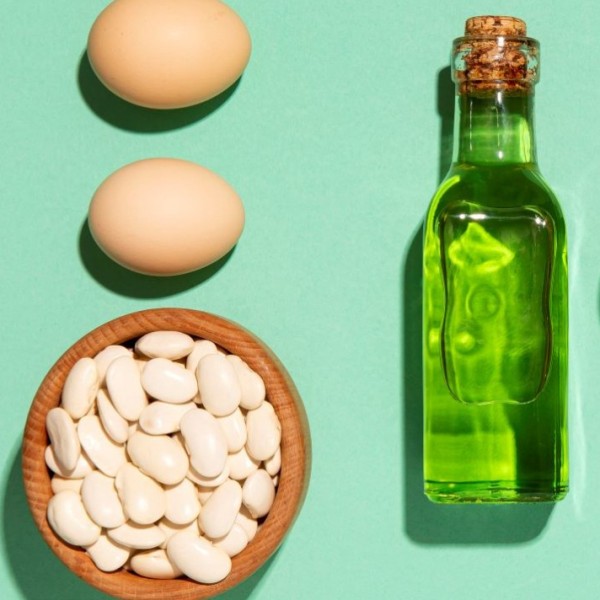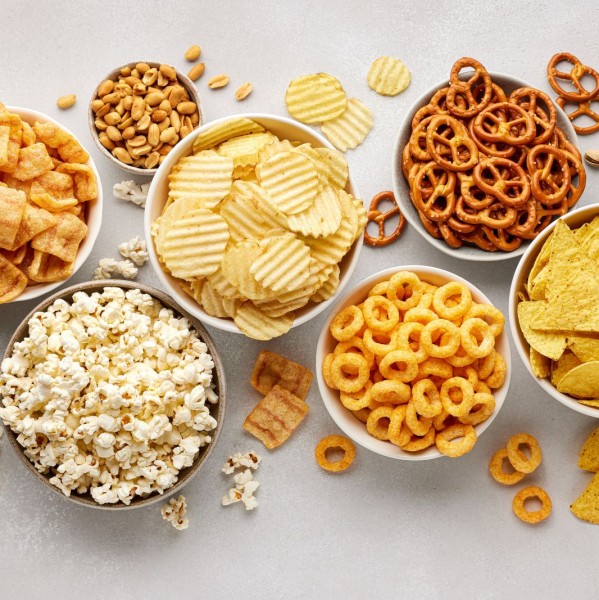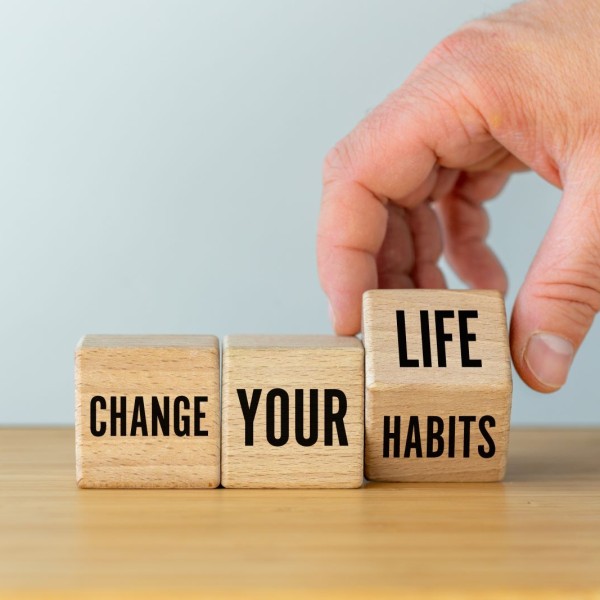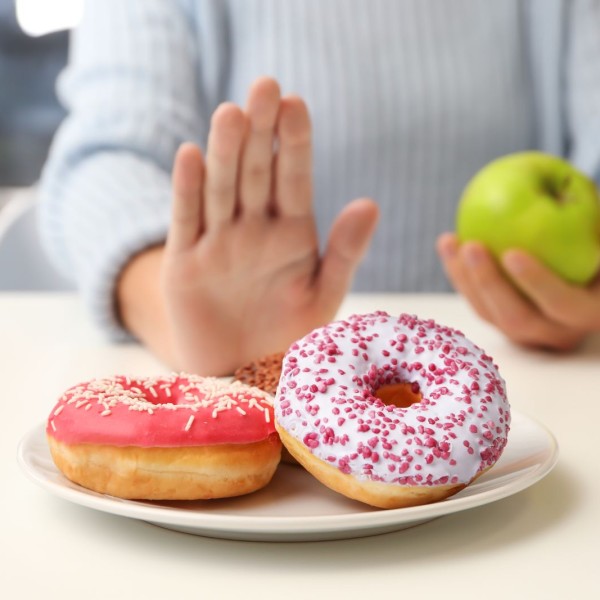Well-chosen meals and snacks not only improve workout efficiency but also support the body's recovery process. It is during rest that our muscles rebuild, energy stores are replenished, and the body prepares for the next effort.
What and when to eat for optimal recovery?
It is best to eat a meal within 30–45 minutes after training. This is when the body most effectively replenishes glycogen stores and supports muscle repair. A post-workout meal should include:
- Simple carbohydrates – quickly raise blood sugar levels and replenish energy.
- Protein – aids muscle regeneration and rebuilding.
- Avoid large amounts of fats immediately after training, as they can slow down the absorption of nutrients.
Post-Workout Snack Ideas
- Banana-Cherry Smoothie
Ingredients: high-protein natural yogurt, frozen cherries, half a banana.
A quick and convenient snack, perfect on the go.
- "Apple Pie" Pasta
Ingredients: a handful of your favorite pasta, low-fat cottage cheese, grated apple, cinnamon, honey.
Honey provides simple sugars to support recovery.
- Quick Sandwiches
Ingredients: bread, tuna in its own juice, pickles.
Tuna is an excellent source of protein, while pickles aid digestion.
- Banana with a Granola Bar and Drinking Yogurt
Ingredients: banana, granola bar, high-protein yogurt without sugar.
A perfect on-the-go solution.
- Protein Omelet with Fruits
Ingredients: eggs, a scoop of protein powder, fruits, optional honey.
A great source of protein for muscle recovery.
Vegan alternative: chickpea flour, plant-based milk, flaxseed as an egg substitute.
- Protein Shake
Ingredients: cow's milk or plant-based milk, protein powder, half a banana, blueberries.
Blueberries provide antioxidants that support recovery.
- Turkey and Vegetable Sandwiches
Ingredients: bread, smoked turkey, hummus, vegetables.
A complete meal, ideal after strength training.
Key Post-Workout Recovery Rules:
- Eat within 30–45 minutes after training.
- Combine simple carbohydrates with protein.
- Avoid excess fats immediately after working out.
- Adapt your meal to the type and intensity of exercise.
Regularly providing the body with the right nutrients is the key to better recovery, improved sports performance, and overall well-being.


